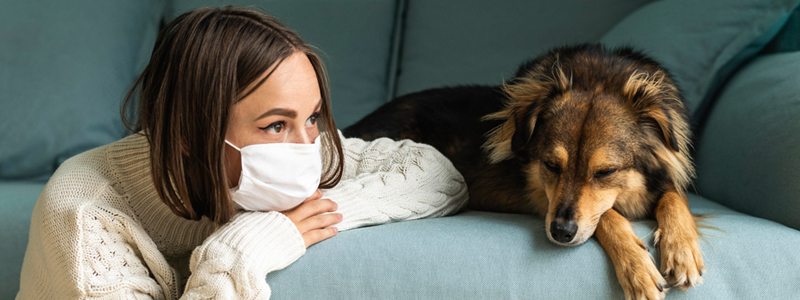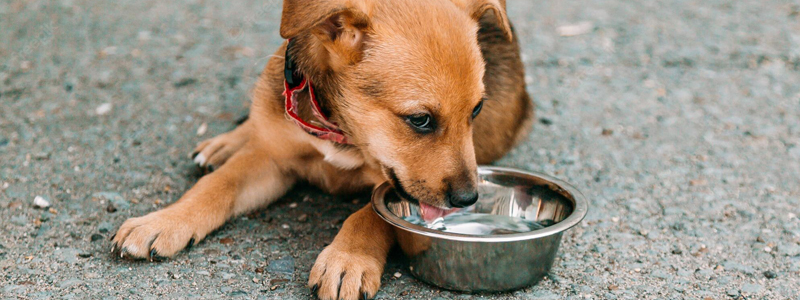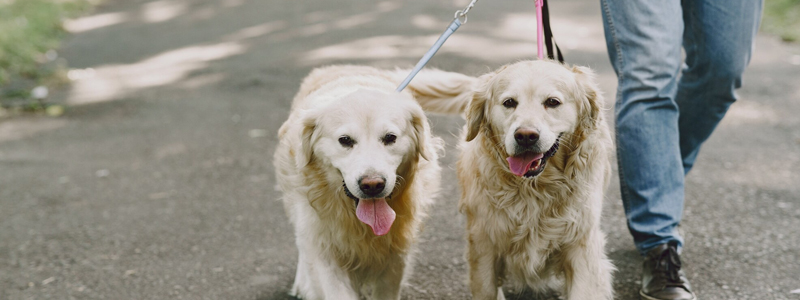BY: SAMANTHA BARTLETT, DVM
Many animals have been reported with positive infections from COVID-19 since the initial outbreak. Dogs and cats have been commonly reported as positive after close contact with a person who has been identified as COVID-19 positive. It does not appear that dogs and cats are easily infected and there is no evidence so far that they can spread the virus to other animals or people.
Under experimental conditions, cats, dogs and ferrets appear susceptible. Horses, pigs and poultry do not seem to be susceptible. Cattle also do not appear to be easily infected. Non-domestic species susceptible to COVID-19 include several species of big cats, gorillas, and free-ranging and farmed mink and pet hamsters. In addition, COVID-19 has been detected in populations of wild white-tailed deer in North America including a population of deer on Staten Island with the Omicron variant. There has been a few cases of farmed mink transmitting COVID-19 back to human handlers and most recently hamsters in a pet shop in Hong Kong are believed to be behind a limited Delta outbreak.
Although most infected animals are asymptomatic, common symptoms that can be seen with COVID-19 infections in animals include fever, cough, difficulty breathing, lethargy, nasal or ocular discharge, vomiting, and diarrhea. Although some species are suspected of transmitting the virus to other members of the same species (cats, mink, white-tailed deer), the risk of transmission to humans is very low and animals are not a driver for COVID-19 outbreaks in people.
Although risk is very low, the AVMA recommends using caution when working around animals that are positive for COVID-19. Avoid contact with affected animals when possible. Practice good hygiene when working around animals: wash hands often when handling animals, food or supplies. Avoid letting pets have contact with people outside of the household. Keep cats indoors to reduce contact with people or other animals. If an owner is positive for COVID-19, restrict contact with household pets and other animals. If contact is necessary, wear a face covering, do not share food, do not give kisses and wash hands before and after contact.
To date there is no evidence of transmission through contact with the meat of an infected animal, but hunters are advised to use caution when handling white-tailed deer or mink. Also do not handle the carcasses of animals that appear ill or are found already dead. Health authorities recommend wearing gloves and eye protection when dressing carcasses. Also, keep hunting dogs away from carcasses.











